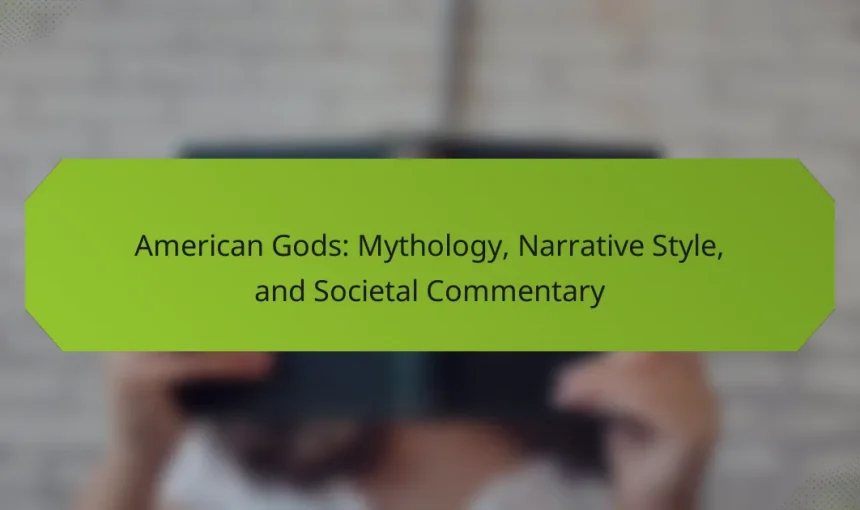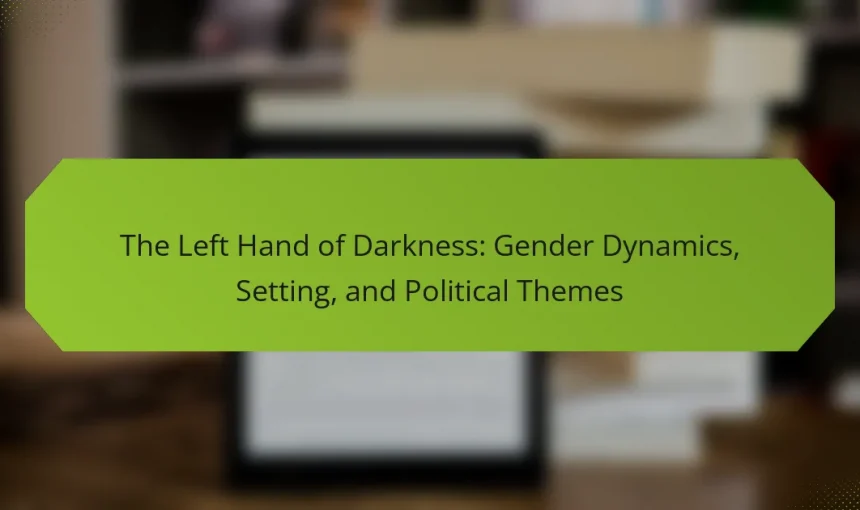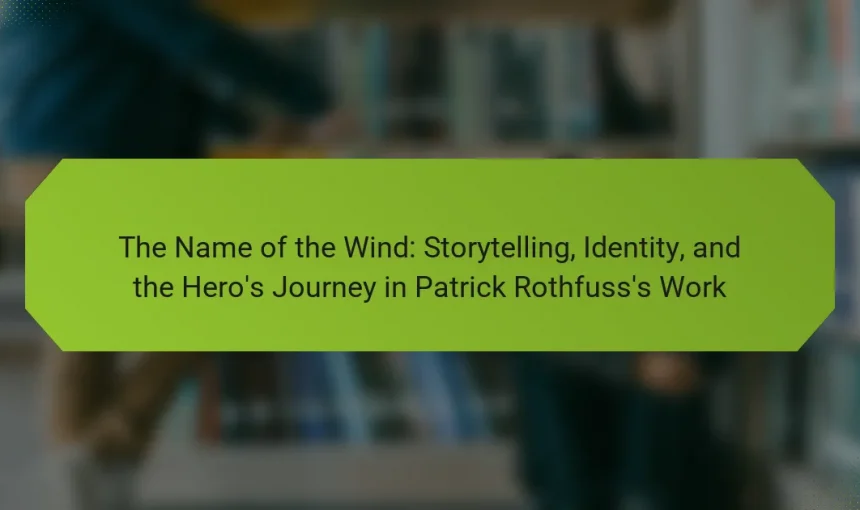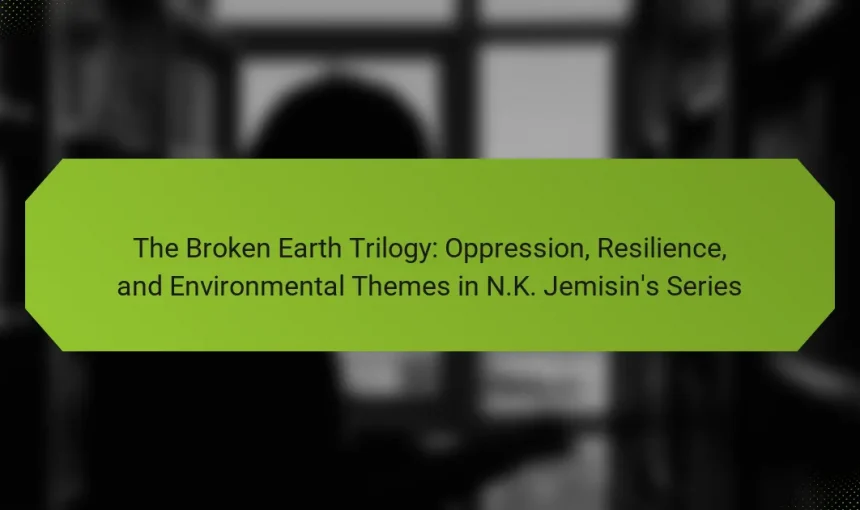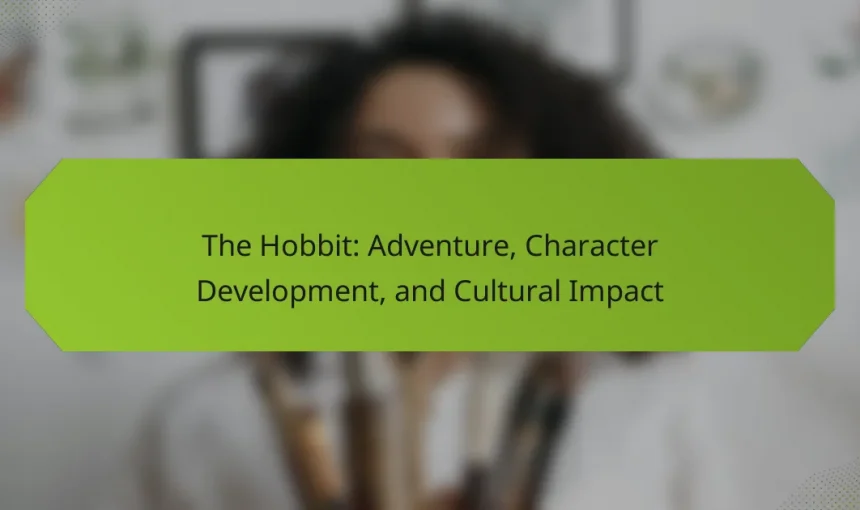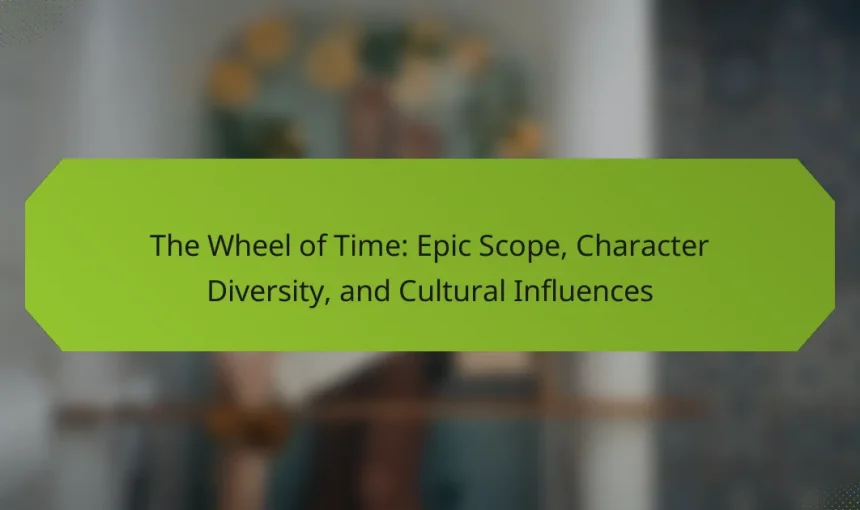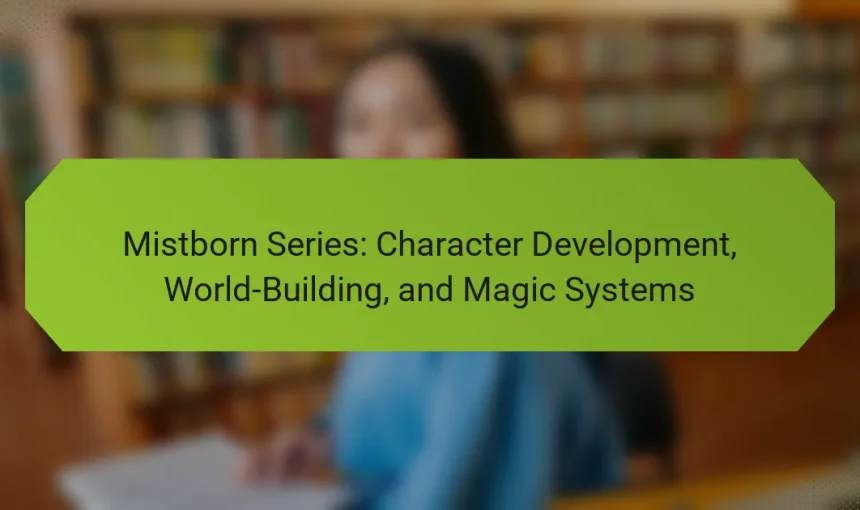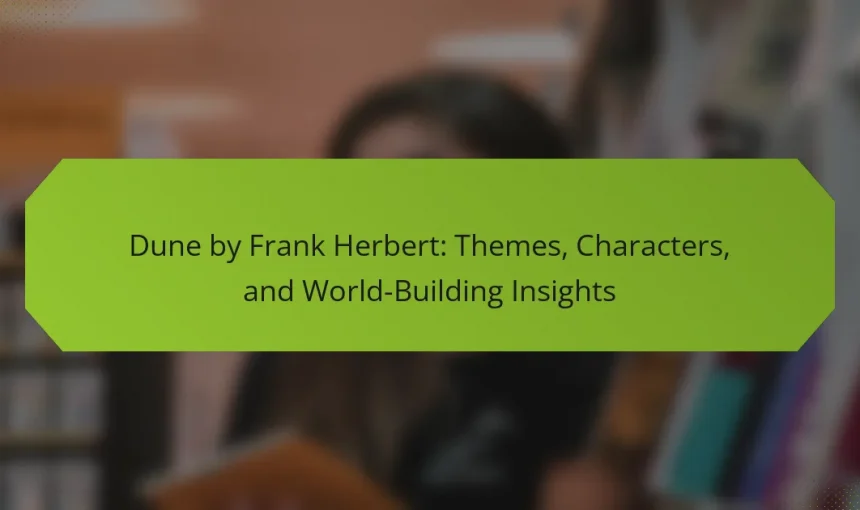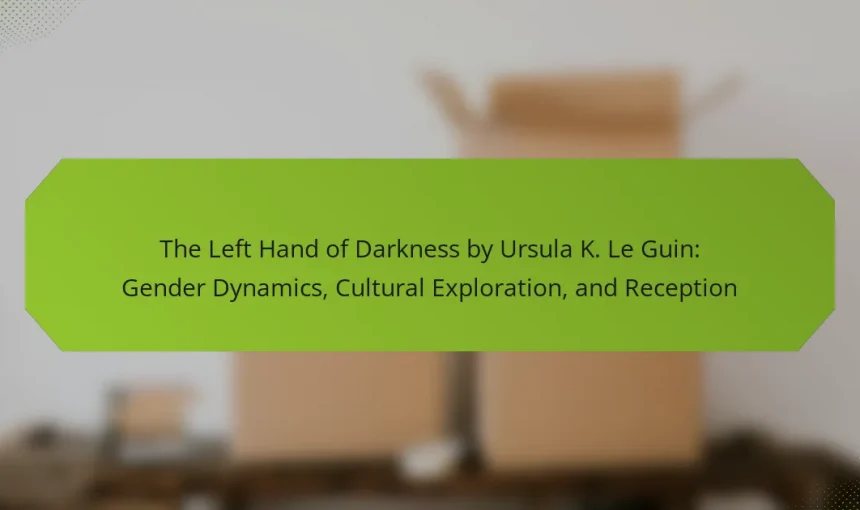American Gods intricately weaves ancient mythology into contemporary society, exploring the clash between old and new deities. The narrative employs diverse styles such as magical realism and non-linear storytelling, enhancing its cultural critique. It examines belief, identity, and societal changes through character arcs that reflect modern challenges. The series has significantly influenced popular culture, prompting […]
“The Left Hand of Darkness” challenges traditional gender norms through its exploration of gender fluidity and political themes. It examines the unique setting of Gethen and its impact on identity and relationships. The narrative highlights how societal constructs shape personal experiences and the complexities of cooperation and division among cultures. Through its ambisexual characters, the […]
Storytelling is a powerful force that shapes identity and influences personal journeys. In “The Name of the Wind,” Patrick Rothfuss explores how narratives define characters like Kvothe, blending reality with myth. The article examines the key elements of the hero’s journey, the significance of music in identity formation, and the universal themes that resonate with […]
The Broken Earth Trilogy by N.K. Jemisin addresses pressing themes of oppression and resilience within a backdrop of environmental challenges. It examines systemic inequality and societal marginalization, particularly through the lens of orogeny. The narrative highlights the impact of colonialism on individuals and the planet, showcasing characters’ struggles for survival. Additionally, it emphasizes the importance […]
The Hobbit offers profound insights into adventure, character development, and cultural influence. It illustrates Bilbo Baggins’ transformation from a timid hobbit to a courageous hero. The narrative emphasizes themes of friendship, loyalty, and the struggle between good and evil. Additionally, its lasting impact on literature and popular culture showcases the enduring relevance of Tolkien’s work. […]
The Wheel of Time captivates readers with its epic narrative scope, diverse characters, and rich cultural influences. It showcases intricate world-building, explores deep themes of destiny and free will, and highlights a complex magic system. The series features characters from various backgrounds, each contributing unique perspectives and motivations. Additionally, cultural influences shape the narrative, reflecting […]
The Mistborn series captivates readers through its intricate character development, immersive world-building, and unique magic systems. Characters like Vin and Elend evolve significantly, reflecting their struggles and choices. The detailed setting of Scadrial influences character motivations and interactions, while the magic systems of Allomancy, Feruchemy, and Hemalurgy introduce moral complexities. Together, these elements create a […]
Dune by Frank Herbert offers insights into power dynamics, ecological themes, and complex character relationships. The novel’s exploration of imperialism and resource exploitation shapes its narrative. Key characters like Paul Atreides and Baron Harkonnen embody the struggles for control and destiny. Herbert’s intricate world-building highlights the significance of the desert planet Arrakis and its vital […]
Neuromancer is a pivotal work in science fiction that explores advanced technology, artificial intelligence, and corporate control. It features defining cyberpunk elements like a dystopian future and a gritty urban landscape. The novel’s influence is evident in contemporary media, shaping themes of identity and the human-machine interface. Its legacy continues to inspire discussions on technology’s […]
“The Left Hand of Darkness” by Ursula K. Le Guin challenges conventional gender norms and explores fluidity in identity. The novel examines cultural dynamics, political structures, and the impact of societal norms on personal relationships. It has garnered critical acclaim for its innovative narrative and lasting influence on feminist literature. The reception of the work […]
